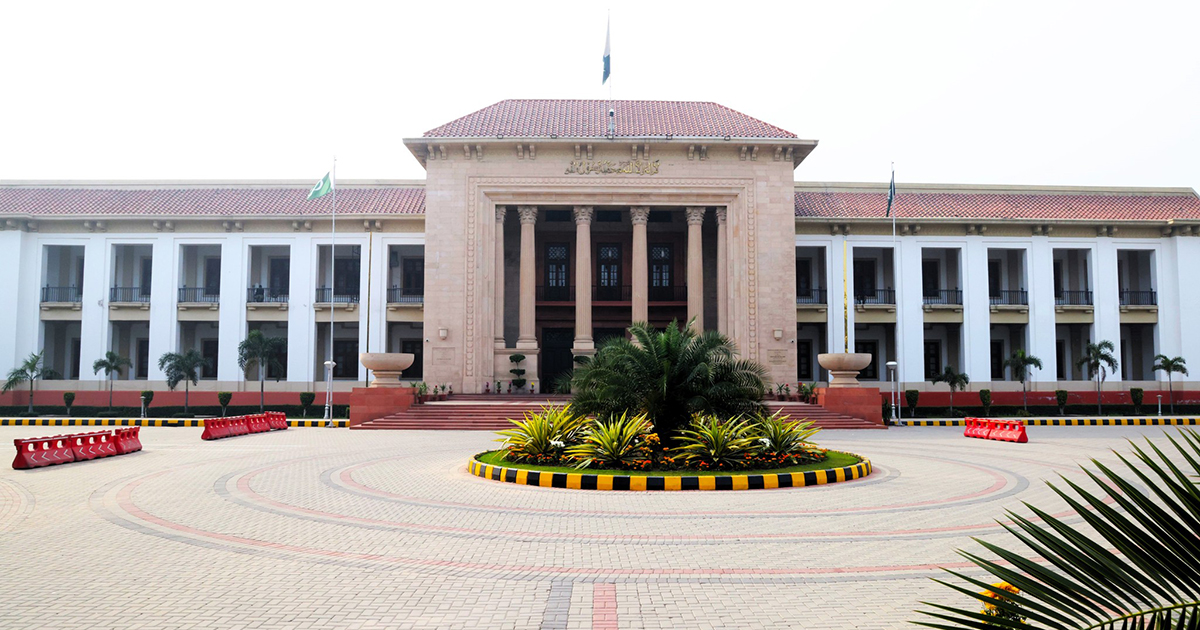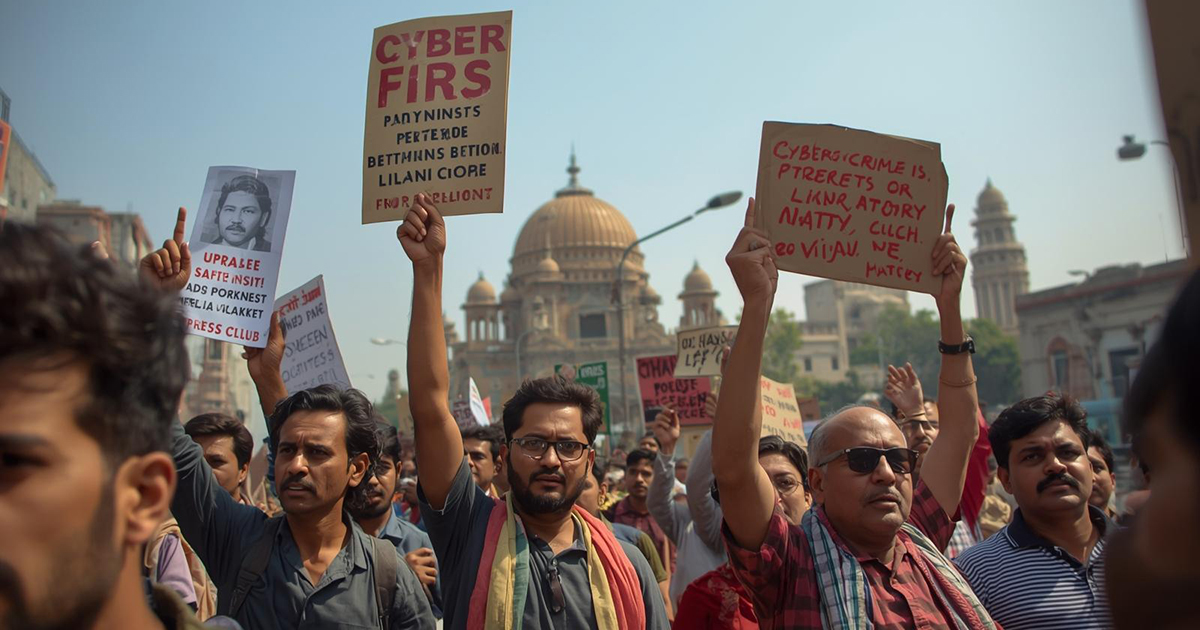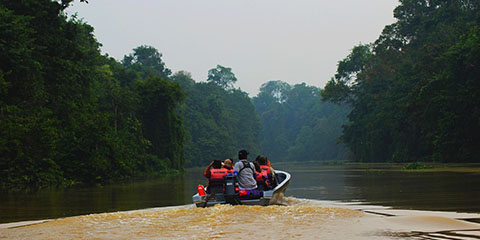India's new form of censorship in Jammu and Kashmir
JournalismPakistan.com | Published: 17 September 2021
Join our WhatsApp channel
The Jammu and Kashmir administration has implemented a new order mandating journalist registration, which has drawn condemnation from the International Federation of Journalists. This move is viewed as an attack on press freedom, particularly in light of previous intimidation tactics faced by journalists in the region.Summary
In the latest series of intimidation tactics against Kashmiri journalists, the Jammu and Kashmir (J&K) administration has adopted a new order requiring all journalists to be authorized and registered before reporting in the field or publishing media coverage online. The International Federation of Journalists condemns this misuse of state power to suppress the media.
On July 24, the district magistrate of Kupwara, Imam Din, issued an 'order' instructing journalists to complete a 'registration' process to be eligible to continue reporting. Any journalist who is 'unregistered' or 'unauthorized' will be forced to "refrain from any media coverage until they complete their registration or obtain approval from the concerned regulatory authority."
The order document argues that many unauthorized media workers are operating in Jammu and Kashmir. These unauthorized media persons are responsible for disseminating fake news and misinformation through social media. The document, which was addressed to the district's senior superintendent of police, also asked J&K Police not to allow any unregistered journalists to report from the field.
The media have criticized the legislation, stating it is against the spirit of freedom of the press and expression.
Jammu and Kashmir journalists have been increasingly targeted, particularly after the abolishment of Article 370 on August 5, 2019, which gave special status to the region in the northern part of the Indian subcontinent. Kashmiri journalists often find themselves summoned to police stations and booked under various cases.
In a recent case on September 8, J&K authorities raided the Srinagar homes of Showkat Motta, the editor of Kashmir Narrator magazine; Hilal Mir, a reporter for the Turkey-based news outlet TRT World; and freelance journalists Azhar Qadri and Abbas Shah, before their temporary detainment and questioning. Similarly, J&K police chased a group of journalists and attacked them with batons while covering the Muharram procession in Srinagar on August 17.
Despite frequent attacks on press freedom, there is concern that the deteriorating situation in Jammu and Kashmir has been overlooked in regional and international reporting.
The IFJ said: "The issuing of this unnecessary 'order' barring journalists from reporting independently both in the field and online is yet another grave threat to free and independent media. The IFJ strongly condemns this misuse of power, urging the J&K administration to allow journalists to report freely and abolish this new legislation."- IFJ media release
KEY POINTS:
- New registration order for journalists in Jammu and Kashmir implemented.
- Unauthorized journalists will be barred from reporting and publishing.
- International Federation of Journalists condemns the order as censorship.
- Increased targeting of Kashmiri journalists follows the abrogation of Article 370.
- Recent police raids and attacks on journalists highlight the deteriorating media landscape.

























